This research project is completed under Prof. KER Dai Fei Elmer and Prof. Huating Wang. It is worth noticing that Ms Chien Ting (Tina) Cheng, who took part in this project, is an iTERM masters’ student who graduated early this year. https://doi.org/10.1016/j.actbio.2022.10.029 Here are some extracts from their work: “Raman spectroscopy is a label-free technology that can detect molecular changes in biological and patient samples without needing to use staining reagents and may be used in numerous basic and clinical applications including disease diagnosis. However, Raman data are highly complex, and accurate analysis or diagnostic prediction requires a large number of samples that is not easy to obtain from either scarce samples or for patient privacy reasons. To address this issue, Cheng et al. developed a method that uses in vitro-generated data to augment sample numbers for ex vivo data prediction. Specifically, as proof of concept, mouse and human cells were subjected to in vitro myogenic differentiation and Raman data were collected to develop artificial intelligence-based, neural network models. These artificial intelligence-based models predicted in vitro myogenesis with excellent accuracy (98.5%) and when applied to a small ex vivo dataset, could distinguish skeletal muscle from neighbouring tendon and adipose tissues with high accuracy (85.0%). This work demonstrates accurate ex vivo label-free tissue detection using a combination of artificial intelligence and in vitro models for scenarios involving scarce, limited sample numbers, which may be broadly applied to facilitate label-free Raman detection for research and clinical diagnostics.”
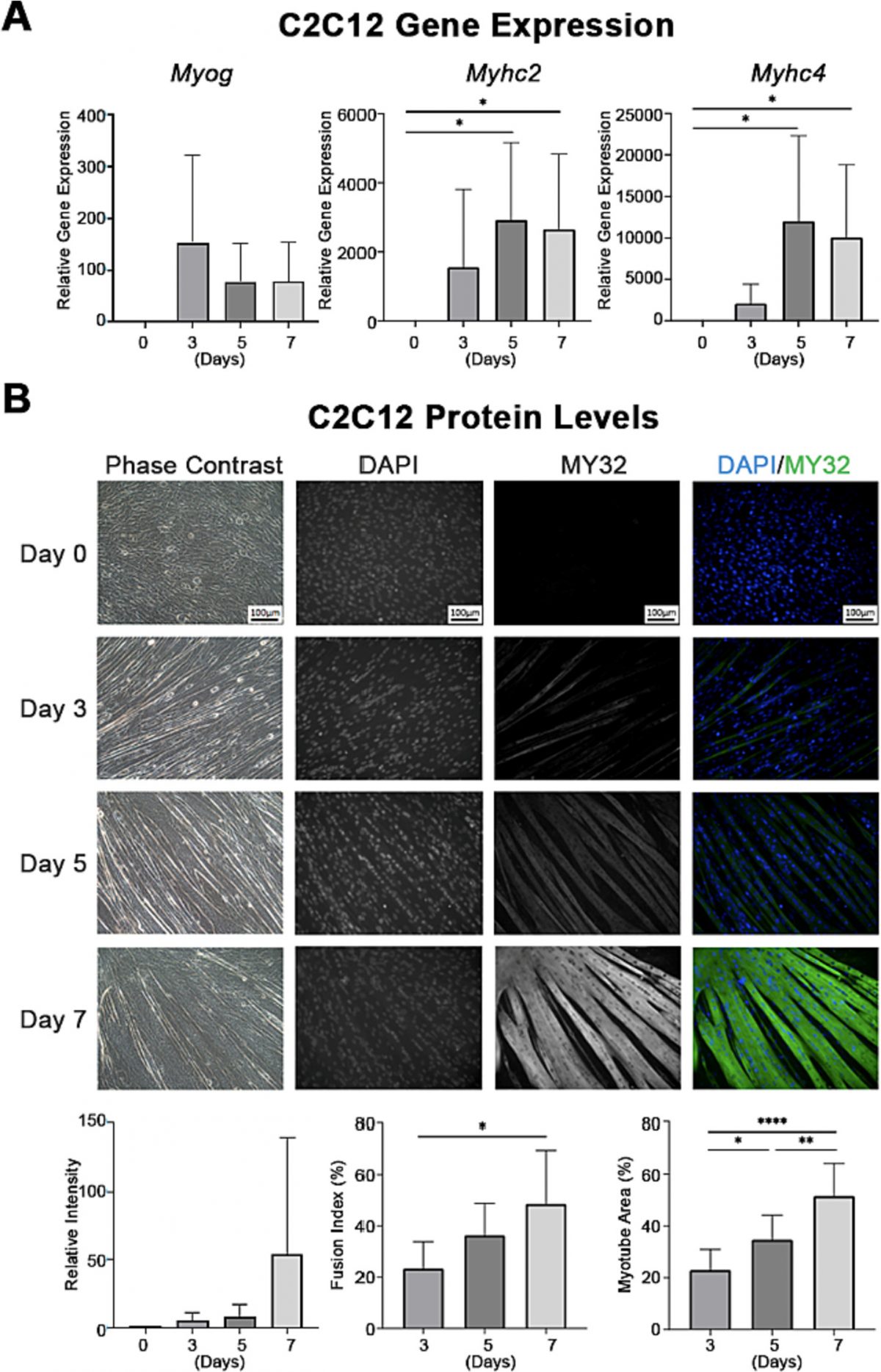

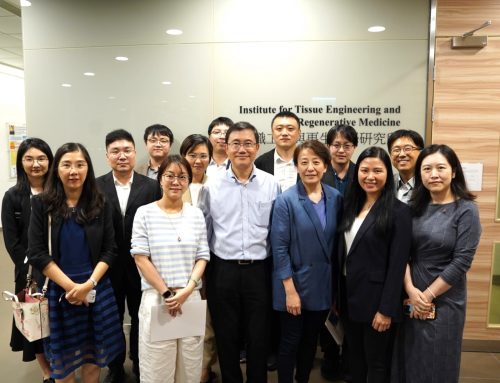
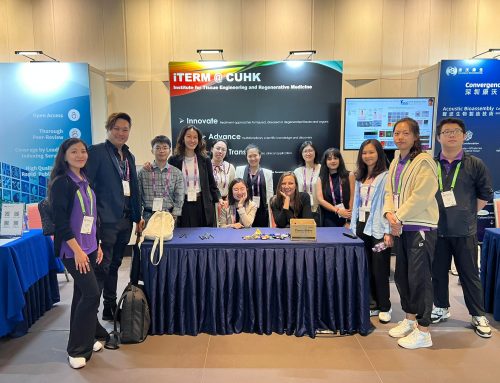
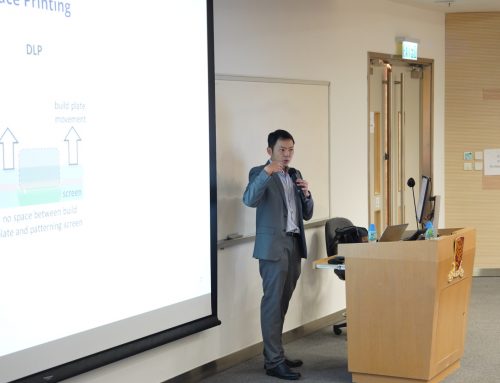
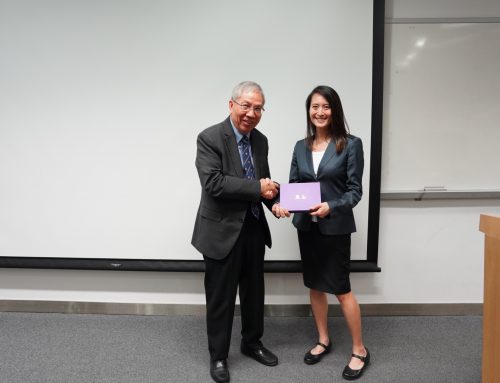
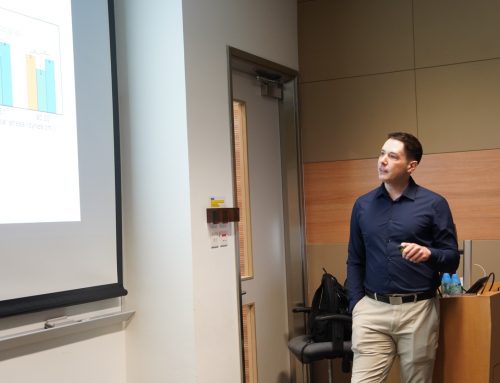
Leave A Comment